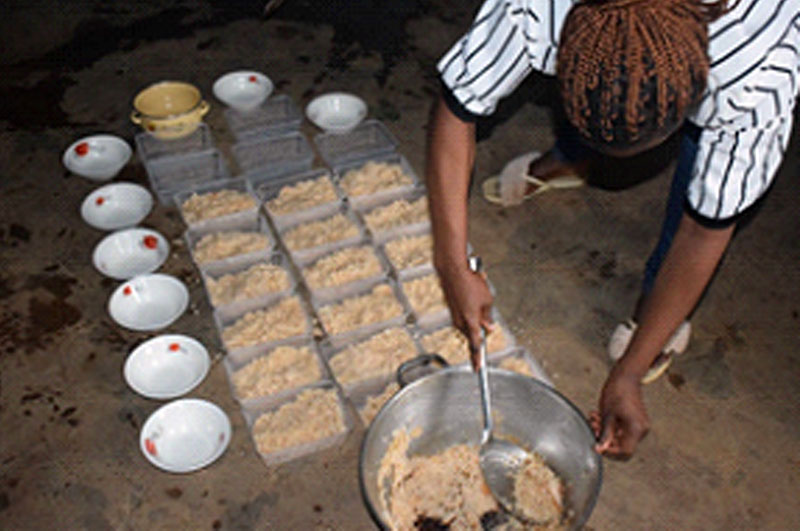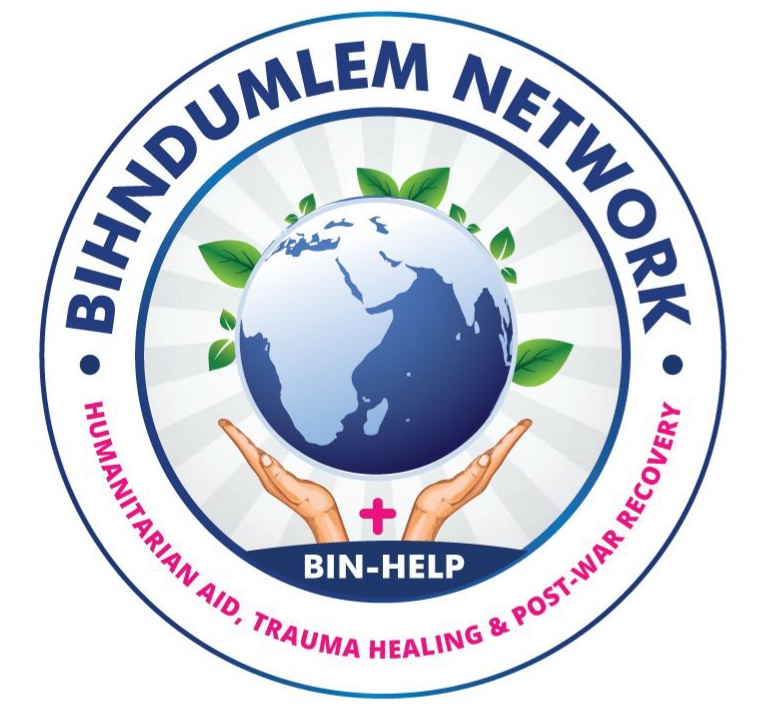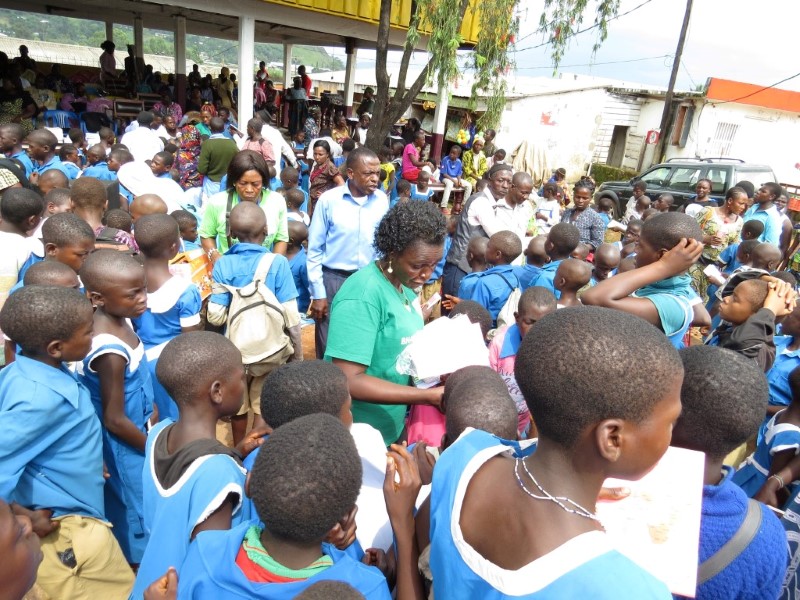BIHAPH runs a child protection agency that takes care of the feeding of children through our feeding scheme, education, health and nutrition of over 25 children. Some of these children are orphans whose parents were killed in the ongoing conflict in the North West and South West Regions of Cameroon. Social protection is essential in preventing and reducing poverty for children and families, in addressing inequalities and in realizing children’s rights.
Despite recent progress in many parts of the world, too many children live in poverty and are deprived of their most elementary rights. In, fact, in most parts of the world, children and families with children are at greater risk of poverty than other groups of the population, with respect to both monetary and other forms of poverty.
The consequences of poverty are very significant for children. Children experience poverty differently from adults; they have specific and different needs. While an adult may fall into poverty temporarily, a child who falls into poverty may be poor for a lifetime – rarely does a child get a second chance at an education or a healthy start in life. Even short periods of food deprivation can be detrimental to children’s long-term development. If children do not receive adequate nutrition, they lag behind their peers in size and intellectual capacity, are more vulnerable to life-threatening diseases, perform less well in school, and ultimately are less likely to be productive adults. Child poverty threatens not only the individual child, but is likely to be passed on to future generations, entrenching and even exacerbating inequality in society. Many of the 18,000 children under the age of five who die every day, mainly from preventable causes, malnutrition, could be saved through adequate social protection. Where children are deprived of a decent standard of living, access to quality health care, education and care, and where they suffer from social exclusion, their future is compromised. Where children are forced to engage in child labour, such exploitation takes a heavy toll on their physical and cognitive development, and on their future life chances. Child poverty affects not only the well-being and aspirations of individual children, but also the wider communities, societies and economies in which they live.

BIHAPH in line with International norms recognizes for every child the right to benefit from social amenities. In addition, Article 27(1) recognizes the right of every child to a standard of living adequate for the child’s physical, mental, spiritual, moral and social development.
The definition of child vulnerability used in BIHAPH’S social protection sector was shaped and design as part of its program and policy. We noted an increasing number of orphans as a consequence of the AIDS pandemic, severe malnutrition and developed the community Plan of Action for Orphans and Vulnerable Children (OVC).
This program for Orphans and Vulnerable Children (CT-OVC) was launched in 2015 with the objective of providing regular assistance to poor families living with children identified as OVCs to encourage fostering and retention of children and promote their human development. OVCs are defined in the program as children aged 0-15 years old with at least one deceased parent, or a parent who is chronically ill, or whose main caregiver is chronically ill. In recent years, however, there have been growing concerns about the way childhood vulnerability is defined in Cameroon and whether targeting OVCs may lead to the exclusion of children who are equally or even more vulnerable.
Using micro simulations, it shows that reform – as part of a broader lifecycle approach to social protection – would be affordable, have a significant impact on reducing child poverty and vulnerability, and would drastically increase the coverage among children and households in need of social protection.


